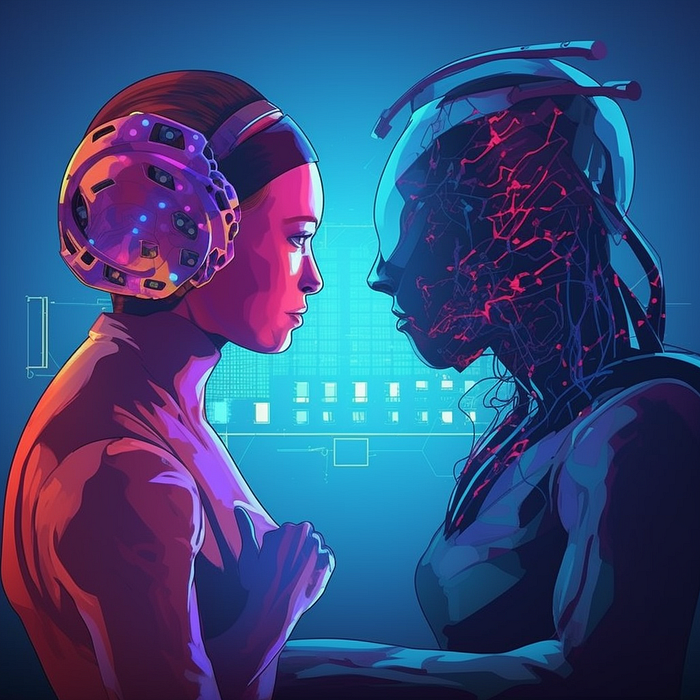Andrew Maximov has been in the gaming industry for 12 years and still can’t believe the amount of cash splashed on big titles. “I used to work at PlayStation, and the last game I worked on cost us $220 million just for production! And then you double that for marketing, and bam, you’re looking at half a billion dollars for one game! That’s just not sustainable for most companies.”
He’s betting on AI to slash these sky-high costs and save precious time for game designers by automating boring tasks. His company, Promethean AI, provides tools for crafting virtual worlds, aiming to shake up how games are made.
“What we’re trying to do is let artists teach AI directly, so they can automate their own work,” he says.
But humans won’t be out of a job. AI will team up with them, boosting creativity. “We can sketch out a game vision, then an artist hits a button and asks AI for feedback. They’ll get examples from their own art library that fit their project,” says Maximov.
Sometimes, AI throws out surprising ideas. “Once, we wanted to build a police station and asked AI to fill it. It came back with a doughnut on every desk!”
Another time, designing an apartment, it kept sticking a sock under the coffee table. “We thought it was a glitch, but we labeled it a bachelor pad, so I guess it made sense in some weird way,” he laughs.
Inworld, a Californian software firm, is also harnessing AI for gaming. They’ve cooked up an engine that amps up realism and character depth. And they’re developing a “narrative graph” with Xbox, using AI to craft storylines.
CEO Kylan Gibbs believes AI will let developers “dream bigger than ever before,” turning virtual characters into savvy thinkers who interact with players.
Nick Walton, CEO of Latitude.io, thinks AI will personalize gaming. “We’re just scratching the surface,” he says. “Imagine dynamic worlds with characters that feel alive, where you can really shape the story.”
His company’s hit game, AI Dungeon, lets players craft their own adventures. “It’s like those old text games, but with infinite possibilities,” he explains.
EA’s CEO, Andrew Wilson, reckons AI could impact 60% of their development. But Maximov doesn’t see AI replacing humans; instead, it’ll give them more “creative dignity.”
“There are devs who dream of making the next big thing but end up placing rocks outside a castle for a year,” he sighs. “It’s about giving every artist the chance to say, ‘I can make my own game!'”















































